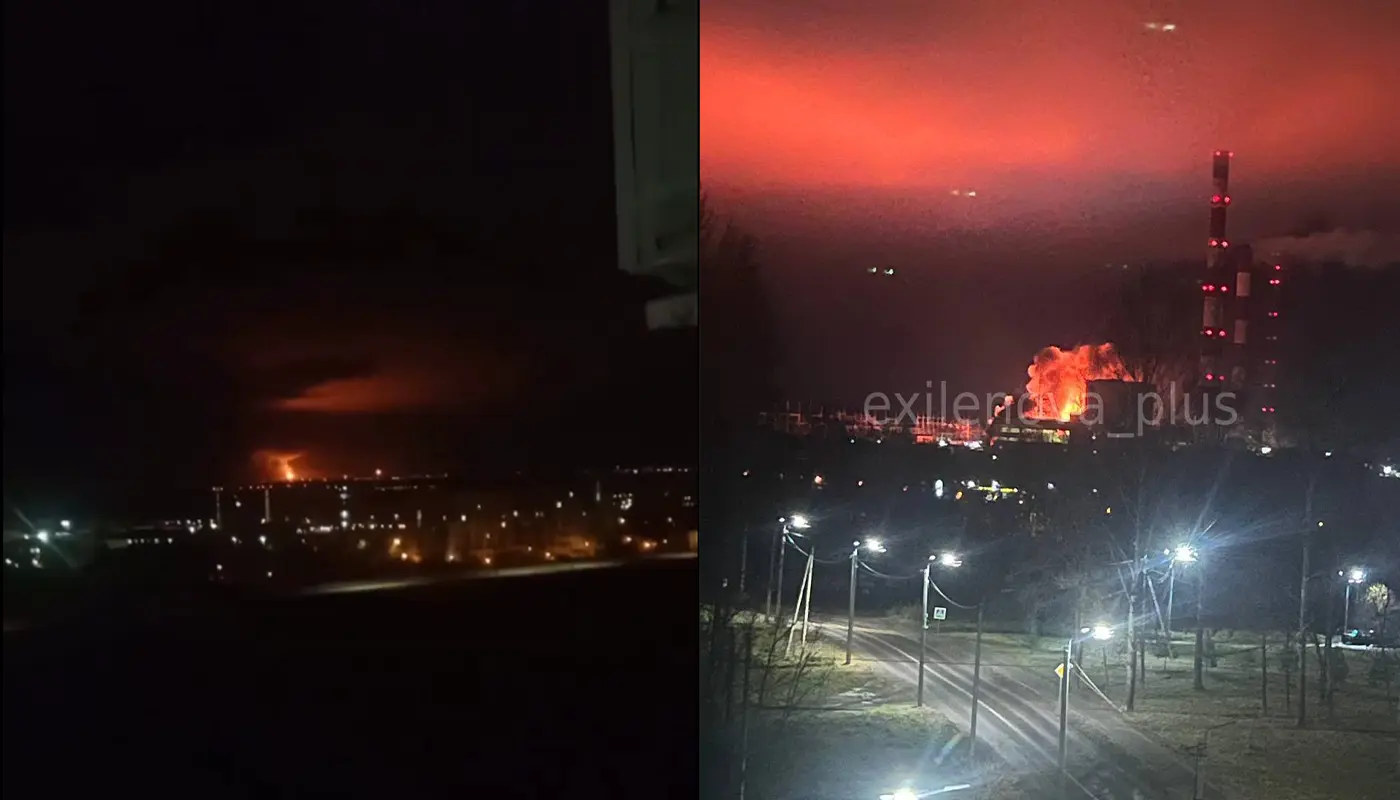Ukraine has carried out another round of overnight strikes on Russia’s energy infrastructure, hitting the Volgograd oil refinery in the early hours of Thursday. The refinery, located in the Krasnoarmeysky district, was set ablaze after drones and rockets targeted the facility, according to regional officials.
Governor Andrey Bocharov confirmed that one civilian, a 48-year-old man, was killed by shrapnel during the attack.
Several homes and a residential building sustained damage, while emergency services worked to contain fires in the industrial zone.
“A civilian, a 48-year-old man, died as a result of shrapnel from the shelling,” Bocharov stated on his official Telegram channel.
The refinery, situated around 450 kilometres from Ukrainian-controlled territory, is one of Russia’s key energy assets.
Kyiv has repeatedly argued that such facilities are legitimate targets, claiming they directly fund Moscow’s military operations.
Ukrainian officials have not publicly commented on the Volgograd strike, but the attack aligns with their broader strategy of disrupting Russia’s war economy.
This strike follows a series of Ukrainian drone operations targeting oil depots and refineries deep inside Russian territory.
Analysts note that these attacks demonstrate Ukraine’s growing capacity to deploy long-range drones, assembled domestically and launched under cover of darkness.
Military experts suggest that the strikes are intended to weaken Russia’s logistical networks and reduce its ability to sustain the war effort.
Meanwhile, Russia has continued its own campaign against Ukraine’s energy sector. Over the past week, Odesa and Zaporizhzhia regions were hit by drone and missile attacks, leaving at least two people dead and tens of thousands without electricity.
Ukraine’s national energy operator, Ukrenergo, reported widespread outages, warning that the strikes could severely impact heating and water systems as winter approaches.
The United Nations has expressed concern over the escalating attacks on energy infrastructure, warning of a potential “crisis within a crisis” as civilians face colder conditions and limited access to essential services. Humanitarian officials fear that prolonged blackouts could worsen living conditions in frontline cities.
As both sides intensify their focus on energy assets, the conflict appears to be entering a new phase where infrastructure becomes a primary battleground.
For Ukraine, the strikes are a means of undermining Russia’s war financing, while for Moscow, retaliatory attacks aim to erode civilian morale and strain Ukraine’s resilience.
Sources: Kyiv Post, UN News







